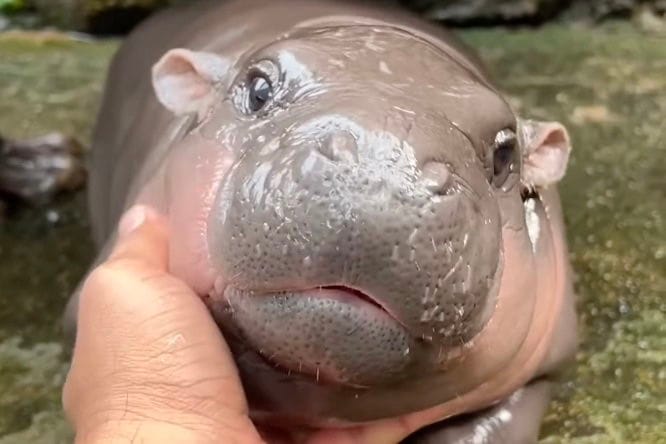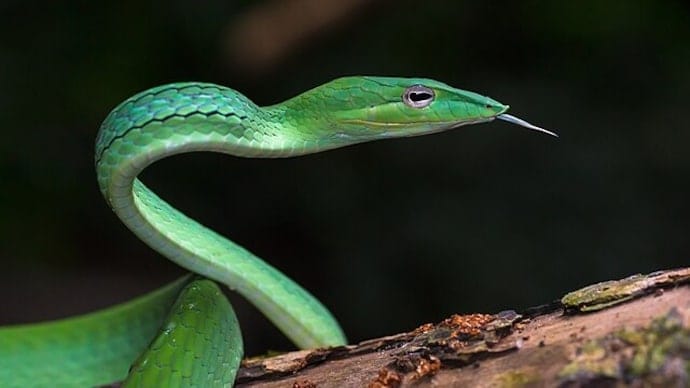Brazil's "Cocaine Shark" Phenomenon - Fact-Checking the Viral Headlines

In the summer of 2023, a peculiar phrase began circulating online: "cocaine shark." The source? Speculation surrounding a video filmed for the Discovery Channel's annual "Shark Week" programming, where marine biologist Tom Hird investigated reports of sharks exhibiting unusual behavior potentially linked to discarded cocaine bales off the coast of Brazil.
The internet, as it often does, ran wild with the concept. Memes flooded social media, news outlets jumped on the catchy headline, and "Cocaine Shark" even spawned a campy horror film released in July 2023. But amidst the frenzy, a critical question remained: how much of this is actual scientific observation versus sensationalized speculation?
Unpacking the Evidence: What Did the Documentary Actually Show?
The "Shark Week" episode in question, titled "Cocaine Sharks," followed Tom Hird as he investigated various anecdotal reports and conducted experiments in the waters around Brazil. While the documentary did showcase intriguing footage of sharks displaying atypical behavior – such as swimming erratically, exhibiting heightened alertness, and seemingly drawn to packages simulating cocaine bales – it's crucial to understand the limitations of these observations.
- Anecdotal Evidence: Many initial reports stemmed from fishermen's accounts of sharks behaving strangely near floating packages suspected to contain drugs. While valuable, anecdotal evidence lacks the rigorous scientific control needed for definitive conclusions.
- Limited Experiments: While Hird's team conducted experiments, these were preliminary and acknowledged as such in the documentary. Dropping imitation cocaine bales into the water provided some interesting visual results, but further research is needed to establish a causal link between the sharks' behavior and the simulated drug packages.
The Science of Cocaine and Marine Life: A Complex Relationship
The potential impact of cocaine and other illicit substances on marine ecosystems is a genuine concern. While the "Cocaine Shark" narrative may have exaggerated certain aspects, the reality is that drug pollution in our oceans is a serious issue with potentially far-reaching consequences.
Studies have shown that pharmaceutical pollution, including illicit drugs, can negatively affect various marine organisms, altering their behavior, physiology, and even genetic makeup. However, these studies primarily focus on the long-term effects of chronic exposure to low concentrations of these substances, not the immediate, dramatic reactions depicted in the "Cocaine Shark" narrative.
Beyond the Hype: The Need for Responsible Reporting and Continued Research
The "Cocaine Shark" phenomenon highlights the importance of approaching sensationalized scientific claims with a critical lens. While the concept captured public imagination, it's essential to separate the captivating narrative from the nuanced reality.
Moving forward, responsible reporting and continued research are crucial:
- Journalists and content creators must avoid exaggerating scientific findings and provide context to avoid spreading misinformation.
- Scientists should prioritize further research into the effects of drug pollution on marine life, particularly large pelagic predators like sharks.
- The public should approach sensationalized claims with healthy skepticism, seeking out reputable sources of scientific information.
Concluding Thoughts: Navigating the Waters of Truth
While the "Cocaine Shark" phenomenon may not be an entirely accurate representation of scientific reality, it has sparked valuable conversations about the broader issue of pollution and its impact on our oceans. By promoting responsible reporting, encouraging further research, and fostering a healthy skepticism toward sensationalized claims, we can navigate the waters of truth and work toward protecting our planet's delicate ecosystems.






/https://static.texastribune.org/media/images/AmericanBlackBear.jpg)











Comments ()